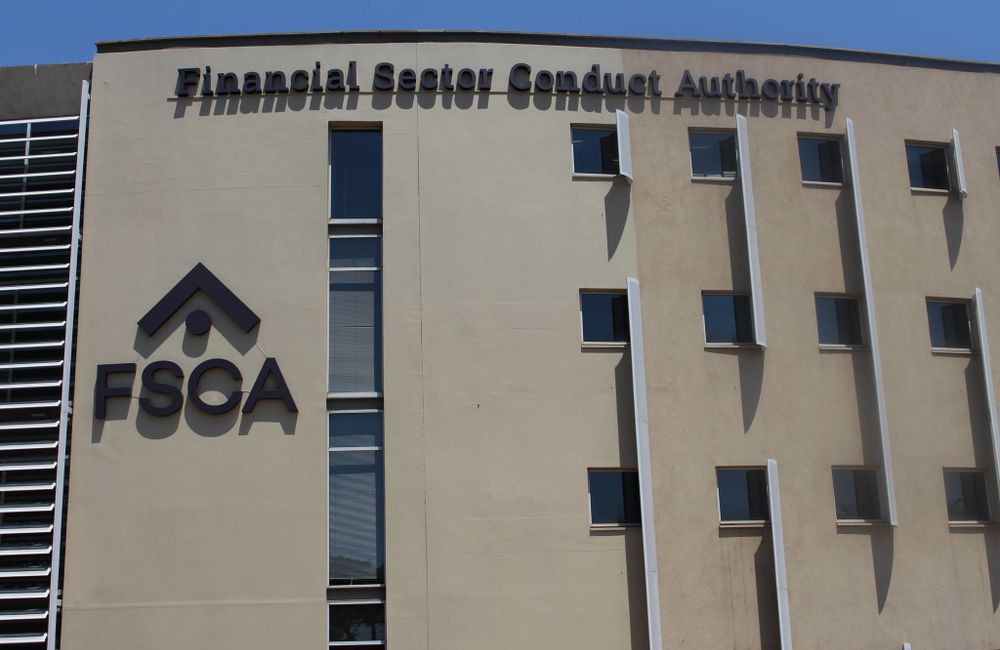GREEN LIGHT FOR CYPTO IN SOUTH AFRICA? 50 APPLICANTS SHORTLISTED FOR THE FIRST EVER LISCENCE.
South Africa’s crypto regulator has stated that 50 license applications have been referred to the licensing committee for review, with the decision on their status to be announced in “a few weeks.”
It is reported the South Africa’s Financial Sector Conductor Authority (FSCA) will issue licenses to crypto asset service providers (CASPs) in the next few weeks, and 50 crypto companies are hoping their applications will be approved. Gerhard van Deventer, the head of enforcement at the FSCA, confirmed the timeline in a media engagement on Wednesday morning.
105 companies applied for the CASP license, it was reported that only 50 applications were presented to the licensing committee in December. 20 companies also pulled their applications. Many in the crypto space see the move as a sign of an embracing of the technology in the country. “The requirement for licensing is a move in the right direction as it validates the operations of crypto companies,” Christo De Wit, Luno country manager for South Africa, told Tech Cabal.”
The Evolution of South Africa’s crypto regulatory landscape
The earlier step in the modernization of the South Africa’s crypto regulatory landscape came in November 2018 when the SARB, in conjunction with the FSCA, South African Revenue Services (SARS) and the FIC established the Crypto Assets Regulatory Working Group.
Brenton Naicker, currently principal and head of growth at CV VC, was a stakeholder in the working group and according to him, it contributed significant outcome to more friendly regulations.The working group helped the regulators understand the operations of crypto as well as the risks and rewards associated with it,” Naicker told TechCabal. “Conversely, the regulators also gave crypto service providers an idea of their requirements regulation-wise.”
The working group in 2021 published a position paper in PDF Format. with the needful recommendations for a revised South African policy, legal, and regulatory position on crypto assets. In August 2022, SARB issued guidelines for how financial institutions including banks could service crypto clients.
The apex bank explicitly advised the institutions against refusing to serve crypto clients. “Obtaining reliable banking infrastructure is important for any crypto player and with licenses I think it will get easier, especially for newer players,” Blake Player, head of growth at VALR, told TechCabal. This was followed by the FSCA declaring crypto assets as financial products in October 2022, meaning they would fall within the regulatory jurisdiction of the FSCA which then opened applications for licenses in June 2023.
According to the Biance general manager for Southern and Francophone Africa, Hennse Wessels, the recent stagey is a positive one. for South Africa’s crypto industry. Wessels told the Techcabals “We are excited about this development and commend the work of the Financial Sector Conduct Authority (FSCA) for its commitment to innovation-driven policies,” he further elaborated his statement by saying, this is a positive step for both the cryptocurrency industry and South Africans as it will contribute to clarity, user protection, and much-needed confidence in the ecosystem.”
The outcome had a positive impact on Startup companies that are not even crypto generate exchanges but have crypto products laud the move to license CASPs. Fintech startup Stitch, which has so far raised $52 million in funding, recently launched its “Pay with crypto” product. Also, according to Junaid Dadan, co-founder and CEO, the crypto asset service provider license will help in formalizing the industry, further driving adoption. “It’s an opportunity to grow the industry because it will open up banking for crypto companies as it will make it clear to banks which entities are legitimate or which ones are not,” Dadan told TechCabal.
neobank Be Mobile Africa, which also has a pay-with-crypto product offering, Cedric Jeannot elaborated the concurs that the licensing move will contribute a lot towards growing crypto in the country. “By introducing licensing, the government is pushing for proper regulation which serves the commercial interests of all parties in the ecosystem positively,”
Source: Techcarbal South Africa News

